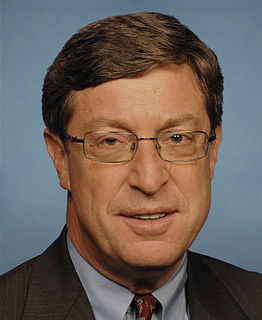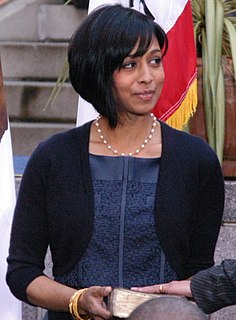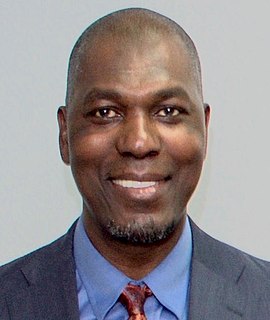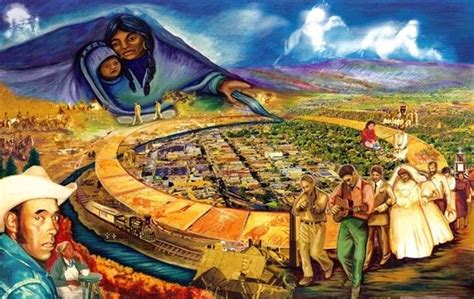A Quote by Bill Gates
I'm going to save my public voice largely for the issues where I have some depth.
Related Quotes
It's important in our role as leaders that we use the platform to address issues, to address barriers, to identify best practices for overcoming these challenges with businesses small and large. Maybe there are some public policy issues that we need to address. Maybe some of them are at the federal level and some are at the state or local level.
Something like Deckard Cain is great; it doesn't ruin your voice. But games that involve violence or battle or mutating and stuff like that really does take a toll on your voice. And I've even had to start to go to a voice guru kind of guy to do exercises to try to save and get back some of what I lost.
I think when it comes to the issues, I'd advise him to stick to the script. But, I mean, Donald Trump is going to have some very tough conversations and he's going to be talking about some very tough and complicated issues in all of the places that he visits.I think anytime a president does things that are humanizing, I think it's - it's good.
We have voluntarily agreed to let an invisible government sift the data and high-spot the outstanding issues so that our field of choice shall be narrowed to practical proportions. From our leaders and the media they use to reach the public, we accept the evidence and the demarcation of issues bearing upon public questions; from some ethical teacher, be it a minister, a favorite essayist, or merely prevailing opinion, we accept a standardized code of social conduct to which we conform most of the time.
Sentences are not different enough to hold the attention unless they are dramatic. No ingenuity of varying structure will do. All that can save them is the speaking tone of voice somehow entangled in the words and fastened to the page for the ear of the imagination. That is all that can save poetry from sing-song, all that can save prose from itself.
I really don't want to produce artwork that does not have meaning beyond simple decorative values. I want to use public space to create a public voice, and a public consciousness about the presence of people who are, in fact, the majority of the population but who are not represented in any visual way. By telling their stories we are giving voice to the voiceless and visualizing the whole of the American story.
People tend to assess the relative importance of issues by the ease with which they are retrieved from memory—and this is largely determined by the extent of coverage in the media. Frequently mentioned topics populate the mind even as others slip away from awareness. In turn, what the media choose to report corresponds to their view of what is currently on the public’s mind. It is no accident that authoritarian regimes exert substantial pressure on independent media. Because public interest is most easily aroused by dramatic events and by celebrities, media feeding frenzies are common




































